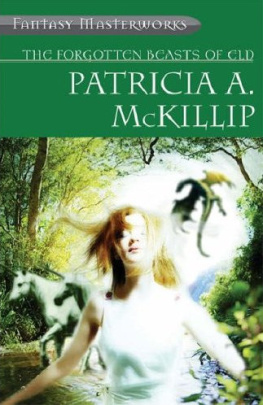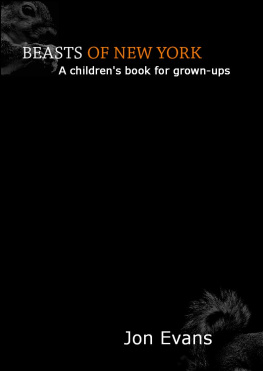Ferdynand Ossendowski - Beasts, Men and Gods
Here you can read online Ferdynand Ossendowski - Beasts, Men and Gods full text of the book (entire story) in english for free. Download pdf and epub, get meaning, cover and reviews about this ebook. year: 1921, publisher: ePubLibre, genre: Home and family. Description of the work, (preface) as well as reviews are available. Best literature library LitArk.com created for fans of good reading and offers a wide selection of genres:
Romance novel
Science fiction
Adventure
Detective
Science
History
Home and family
Prose
Art
Politics
Computer
Non-fiction
Religion
Business
Children
Humor
Choose a favorite category and find really read worthwhile books. Enjoy immersion in the world of imagination, feel the emotions of the characters or learn something new for yourself, make an fascinating discovery.
- Book:Beasts, Men and Gods
- Author:
- Publisher:ePubLibre
- Genre:
- Year:1921
- Rating:4 / 5
- Favourites:Add to favourites
- Your mark:
- 80
- 1
- 2
- 3
- 4
- 5
Beasts, Men and Gods: summary, description and annotation
We offer to read an annotation, description, summary or preface (depends on what the author of the book "Beasts, Men and Gods" wrote himself). If you haven't found the necessary information about the book — write in the comments, we will try to find it.
Beasts, Men and Gods — read online for free the complete book (whole text) full work
Below is the text of the book, divided by pages. System saving the place of the last page read, allows you to conveniently read the book "Beasts, Men and Gods" online for free, without having to search again every time where you left off. Put a bookmark, and you can go to the page where you finished reading at any time.
Font size:
Interval:
Bookmark:

Pursued by Bolshevik Revolutionaries, Ferdynand Ossendowski, a Polish scientist, resolves to return to his family the only way he can: by traveling through Siberia into Mongolia and China, then back into Western Europe via the United States. Along this epic journey he encounters beasts, men, and gods, sometimes within the same person.

Ferdynand Ossendowski
ePub r1.0
Titivillus 24.01.16
Ttulo original: Beasts, Men and Gods
Ferdynand Ossendowski, 1921
Colaborador: Lewis Stanton Palen
Editor digital: Titivillus
ePub base r1.2
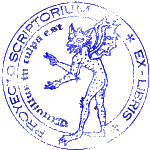
There are times, men and events about which History alone can record the final judgments; contemporaries and individual observers must only write what they have seen and heard. The very truth demands it.
TITUS LIVIUS.

FERDYNAND ANTONI OSSENDOWSKI (1876- was a Polish writer, journalist, traveler, globetrotter, explorer, university professor, a member of the French Academy and political activist.
From early on, he had cravings for journeys. He joined the mathematical-physical faculty of the Saint Petersburg university, where he studied chemistry and, as an assistant to professor Aleksander Zalewski, he traveled to many distant areas, including Siberia, the Caucasus and the Altay Mountains. During the summer he was frequently enrolled as a ship's writer on the Odessa-Vladivostok line, a job that allowed him to visit many parts of Asia, including Japan, Sumatra, China, Malaya and Indonesia. His record of a trip to India (Chmura nad Gangesem: A Cloud Over the Ganges) gained the prestigious Petersburg Society of Literature prize.
In 1899, after a students riot in Saint Petersburg, Ossendowski was forced to leave Imperial Russia and move to Paris, where he continued his studies at the Sorbonne. In 1901 he was allowed to come back to Russia.
After the outbreak of the Russo-Japanese War (19041905) Ossendowski moved to Harbin in Manchuria, where he founded a Central Technical Research Laboratory, a Russian-financed institution for development of the ore deposits in the area. At the same time, he headed the local branch of the Russian Geographic Society in Vladivostok. As such he made numerous trips to Korea, Sakhalin, Ussuri and the shores of the Bering Strait. In Manchuria he also became one of the leaders of the considerable Polish diaspora and published his first novel in Polish, Noc (Night).
He also got involved in the Main Revolutionary Committee, a leftist organization that tried to take power in Manchuria during the Revolution of 1905. After the failure of the revolution, Ossendowski organised a strike against the brutal repressions in Congress Poland, for which he was arrested. A military tribunal sentenced him to death for conspiracy against the Tsar, but his sentence was later commuted to several years hard labor. In 1907 he was released from prison with a so-called wolf ticket, which prevented him from finding a job or leaving Russia. At that time he devoted himself to writing. His novel V ludskoi pyli (In Human Dust), in which he described his several-years-long stay in Russian prisons, gained him much popularity in Russia and was even described by Leo Tolstoy as one of his favorites. The popularity allowed him to return to St Petersburg in 1908. There he continued to write books and at the same time headed the Society of the Gold and Platinum Industry and several newspapers and journals, both in Russian and in Polish.
In 1917, after the October Revolution and the outbreak of the Russian Civil War he also got involved in the counter-revolutionary Russian government led by Supreme Governor Admiral Aleksandr Kolchak. He served at various posts, among others as an intelligence officer, an envoy to the intervention corps from the United States and an assistant to the Polish 5th Rifle Division of Maj. Walerian Czuma. In 1918 he was responsible for transfer of many tsarist and White Russian documents to the Entente, including many fake proofs of German support for Lenin and his Bolsheviks (so-called Sisson Documents).
After Kolchaks defeat in 1920, Ossendowski joined a group of Poles and White Russians trying to escape from communist-controlled Siberia to India through Mongolia, China and Tibet. After a journey of several thousand miles, the group reached Chinese-controlled Mongolia, only to be stopped there by the take-over of the country led by Baron Roman Ungern von Sternberg.
Ossendowski joined the baron's army as a commanding officer of one of the self-defense troops. He also briefly became Ungern von Sternberg's political advisor and chief of intelligence. In late 1920 he was sent with a diplomatic mission to Japan and then the US, never to return to Mongolia. Some writers believe that Ossendowski was one of the people who hid the semi-mythical treasures of the Bloody Baron.
In the interwar period he was considered the creator of a distinct genre called the traveling novel. With over 70 books published in Poland and translated almost 150 times into 20 other languages, Ossendowski was also the second most popular Polish author abroad, after Henryk Sienkiewicz. He repeated the success of his Beasts, Men and Gods with a book on Lenin, in which he openly criticized the communist methods and policies of Russia, as well as the double face of the communist leaders. In Poland, three of his books were being filmed at the moment World War II started.
After World War II all his books were covered by the censors in Poland because of his anti-communist beliefs. Only since 1989, his work can be officially published in Poland again.
Some of his best known books are Beasts, Men and Gods 1922; The Shadow of the Gloomy East: A Moral History of the Russian People 1923 and Lenin: God of the Godless 1930
[1] In order that I might have the evidence of others on this extraordinarily impressive vision, I asked them to make protocols or affidavits concerning what they saw. This they did and I now have these statements in my possession.
INTO THE FORESTS
I N the beginning of the year 1920 I happened to be living in the Siberian town of Krasnoyarsk, situated on the shores of the River Yenisei, that noble stream which is cradled in the sun-bathed mountains of Mongolia to pour its warming life into the Arctic Ocean and to whose mouth Nansen has twice come to open the shortest road for commerce from Europe to the heart of Asia. There in the depths of the still Siberian winter I was suddenly caught up in the whirling storm of mad revolution raging all over Russia, sowing in this peaceful and rich land vengeance, hate, bloodshed and crimes that go unpunished by the law. No one could tell the hour of his fate. The people lived from day to day and left their homes not knowing whether they should return to them or whether they should be dragged from the streets and thrown into the dungeons of that travesty of courts, the Revolutionary Committee, more terrible and more bloody than those of the Mediaeval Inquisition. We who were strangers in this distraught land were not saved from its persecutions and I personally lived through them.
Font size:
Interval:
Bookmark:
Similar books «Beasts, Men and Gods»
Look at similar books to Beasts, Men and Gods. We have selected literature similar in name and meaning in the hope of providing readers with more options to find new, interesting, not yet read works.
Discussion, reviews of the book Beasts, Men and Gods and just readers' own opinions. Leave your comments, write what you think about the work, its meaning or the main characters. Specify what exactly you liked and what you didn't like, and why you think so.

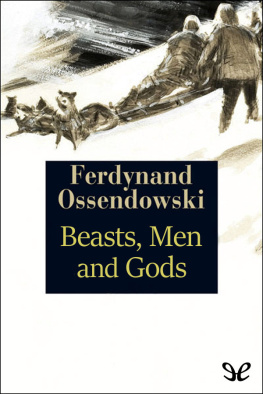
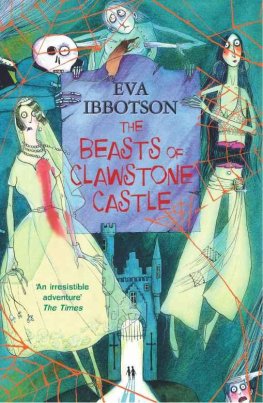
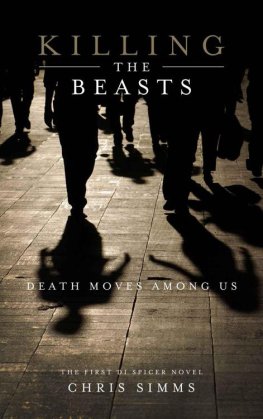
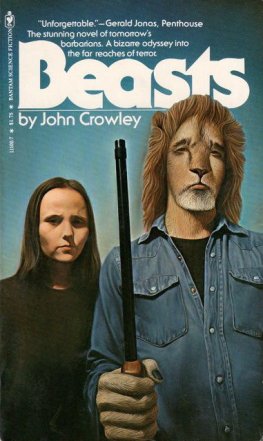
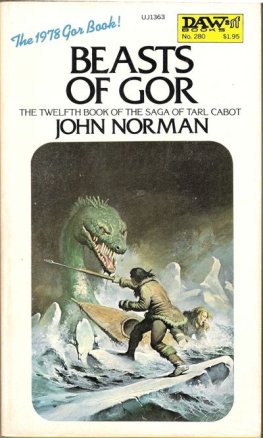
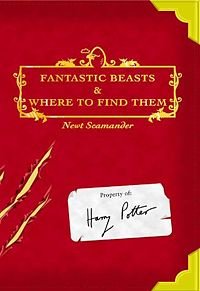
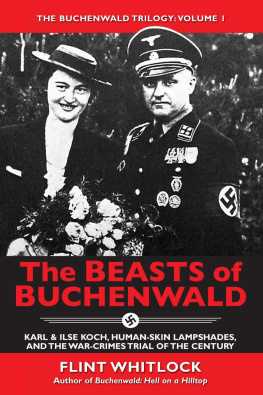
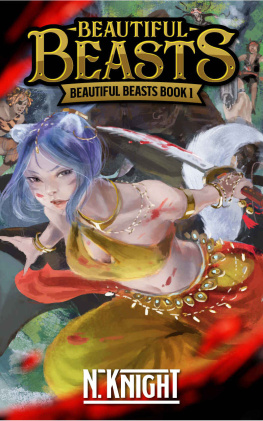

![Tinalynge [Tinalynge] - World of Beasts](/uploads/posts/book/142063/thumbs/tinalynge-tinalynge-world-of-beasts.jpg)
